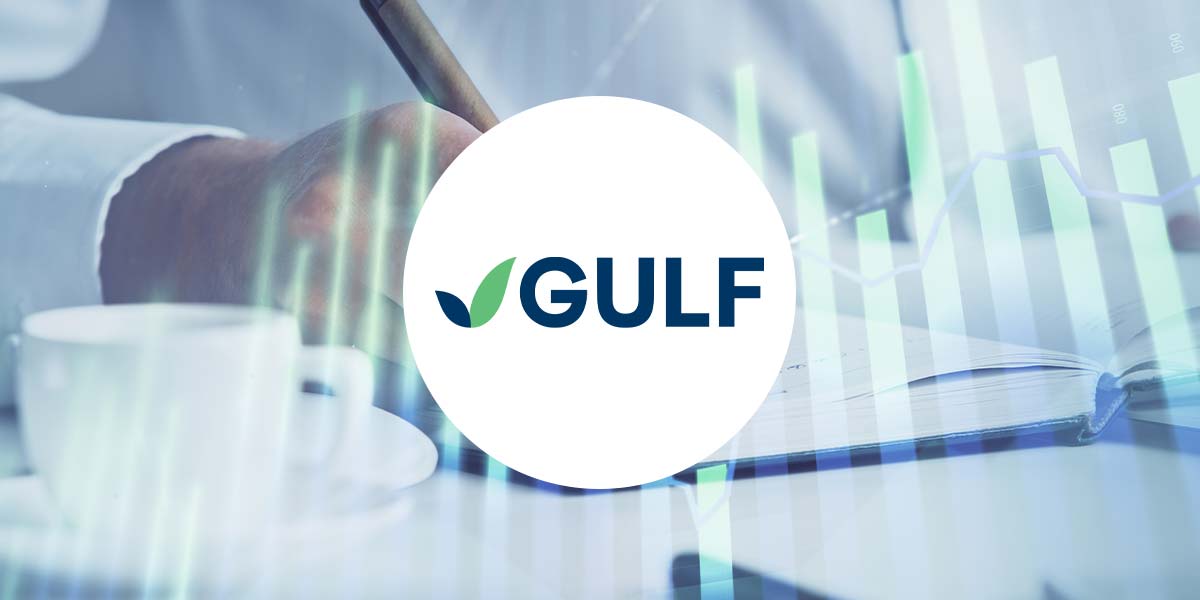On Thursday, the share price of Gulf Development Public Company Limited (SET: GULF) in the morning session was at THB 45.50, a THB 1.25 or 2.82% increase with a total trading value of THB 787.21 million.
Kiatnakin Phatra Securities (KKPS) wrote in its research paper that it has initiated coverage of GULF with a “Buy” recommendation, establishing a price objective of THB 57 per share based on a sum-of-the-parts (SOTP) valuation.
KKPS maintains an optimistic stance on Thailand’s utilities sector and identifies GULF as the leader in EPS growth for 2026. Backed by a solid balance sheet, GULF is well-positioned for expansion and is expected to benefit from Thailand’s accelerating data center investment. GULF is trading at 2SD below its mean P/B, while a recovery in ROE is expected.
Following the amalgamation with Intouch Holdings on April 1, GULF’s net gearing ratio has declined to 0.8x from 1.8x, now comfortably below the company’s internal target of 2.0x. The combination of additional debt headroom and anticipated dividends from ADVANC contributes to high excess liquidity. KKPS forecasts GULF’s dividend yield to rise from 3.2% for 2026-2028 to 6.3% by 2031, underpinned by robust cash flow.
The Thai market is witnessing a rapid expansion in data center capacity, projected to grow from 120 MW to between 1 and 3 GW in the coming years. KKPS projects the country’s power reserve margin to shrink from 30% to 16-23%, approximating the global standard of 15%, paving the way for new power plant tenders.
Should GULF leverage additional debt for capacity expansion with an IRR assumption of 10-12%, every incremental 100 MW could add an estimated THB 0.12 per share. With strong partnerships across ADVANC, Singtel, and Binance, GULF remains strategically positioned to tap into high-growth opportunities driven by AI-fueled demand within the technology sector.
GULF’s revenues are largely safeguarded through long-term power purchase agreements (PPAs) of 25-30 years with the Electricity Generating Authority of Thailand (EGAT), which ensures tariff stability and predictable cash flows. KKPS also added that this structure insulates GULF from political and geopolitical uncertainty. Key downside risks include possible project construction delays, increasing fuel costs, operational setbacks, and the potential for underperformance from ADVANC.





